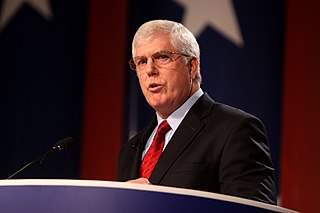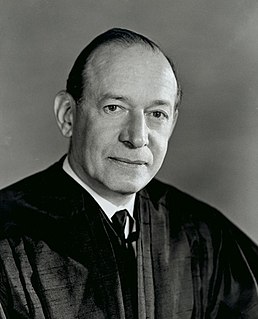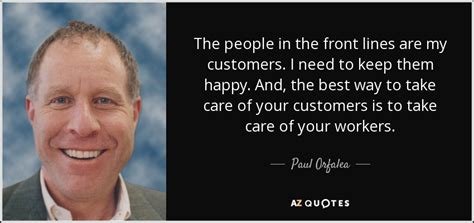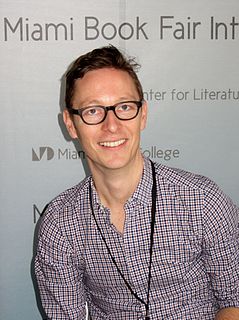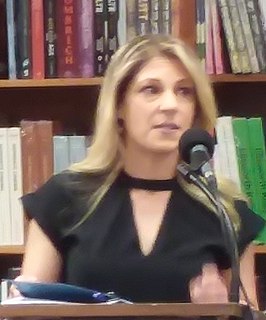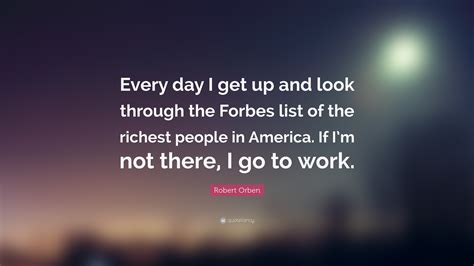A Quote by Mathew Staver
Students and invited speakers do not shed their constitutional rights when they step up to the graduation podium. Expressing faith in God does not disqualify a student from delivering a graduation message. Being designated as valedictorian or salutatorian is an honor, and students chosen for that honor should be free to share their gratitude to God with their fellow students and family members.
Quote Topics
Being
Chosen
Constitutional
Constitutional Right
Constitutional Rights
Delivering
Does
Expressing
Faith
Faith In God
Family
Family Member
Family Members
Fellow
Fellow Students
Free
God
Graduation
Gratitude
Gratitude To God
Honor
Invited
Members
Message
Podium
Rights
Share
Shed
Should
Speakers
Step
Step Up
Student
Students
Up
Related Quotes
Learning should be engaging. Testing should not be the be all and end all. All students should have a broad curriculum that includes the arts and enrichment. Students should have opportunities to work in teams and engage in project-based learning. And student and family well-being should be front and center.
Public education for some time has been heavily focused on what curricula we believe will be helpful to students. Life-Enriching Education is based on the premise that the relationship between teachers and students, the relationships of students with one another, and the relationships of students to what they are learning are equally important in preparing students for the future.
This is a perfect example of the power and ridiculousness of a website like Wikipedia. I did give a slightly contentious graduation speech, where I decided not to be funny as my classmates had hoped, which was why I was chosen. I was not valedictorian, that's for sure. Instead, I talked about the failure to communicate between the administration and the teachers and students. That's what was contentious about it. At some point, somebody wrote about that incident on my Wikipedia page. And then somebody added the bit about me exposing my genitals to the crowd.
